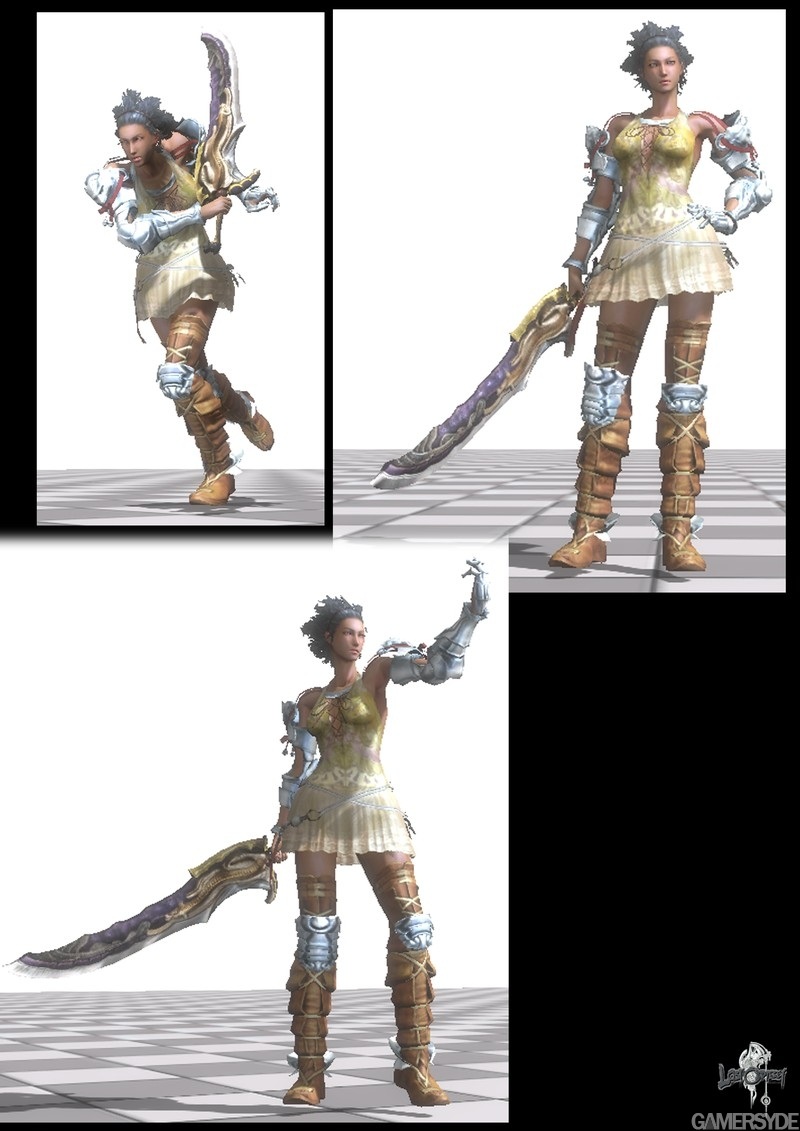

When coming to a new set of enemies or a boss with a particular gimmick, you can arrange an immortal's skills as necessary to maximize your advantage. Unlike mortals, skills in Skill Slots can be swapped out at will (well, between battles). Regardless of how you learn a skill, it doesn't become part of the immortal's repertoire until it's equipped into Skill Slots. (For example, if Kaim is Skill Linked and is trying to learn Steal, he doesn't actually have to use Steal in battle to gain SP.) Skills can also be learned by equipping certain accessories. SP is gained through battle victory, not skill use itself. This allows the immortal to slowly learn the skill, by gaining Skill Points (SP) in battle. The immortal in question can link his abilities to any mortal within the active party. For an immortal to learn a new skill, he has take advantage of Skill Linking, found via the main menu. Mortals' skills are permanent: once learned, they cannot be forgotten or replaced. Skills are generally related to each other: most of Jansen's skills relate to magic, for example.

Mortals, such as Jansen, gain their skills through level ups i.e., the classic way. Selectable skills generally need a target, such as the classic Steal, or even defensive such as Prayer that can restore some Hit Points to an ally.ĭepending on whether your character is mortal or immortal, they gain skills differently. Passive skills include helpful things such as anti-poison or anti-sleep, or more active like Level 3 White Magic.

Skills can be either passive (always active) or selectable (available in-battle only). Your party members are defined and customized by the skills you give them. In short? Don't be stingy on magic, and keep enough MP-restoring items around so you don't have to be stingy.

Having 99 Mana Capsules or Mana Bottles on you at all times will give you great peace-of-mind, because you can go ballistic with magic in-battle and fully heal everyone afterwards. Once you get to Disc 3 (but really you should do this before then), you'll want to always have a bunch of MP-restoring items. Lost Odyssey is very magic dependent toward the latter half of the game. Some, the more powerful spells, are in harder to reach treasure boxes, so it pays to explore. Most are available in easy-to-reach treasure boxes, and some can be bought from item shops. There is a fourth type, called Composite, although that just blends multiple spells together to create different effects.įor the three major types, you have to find the spells before you can use them. There are three major types of magic: White (curative), Black (destructive), and Spirit (support). Magic in Lost Odyssey is pretty easy to understand. It's unknown to us if the designers intended it this way, but you may as well take advantage of it since it's here. You'll be at full-strength and ready to take on the world, especially combined with our boss strategies. If you are coming up to a boss battle (which we note through the walkthrough), it may be in your best interest to save, then exit, then reload from the main menu. If you exit out to the main menu and reload your game, or I suppose if you have turned off the game for the night and fire it back up the next day, you will find your party fully healed where you last saved. Saving at the save points, does absolutely nothing but save.
#Lost odyssey series
But what if you're saving near a boss and are almost out of magic? There is no item in the game like a tent from the Final Fantasy series where you can heal up when you save. Blue orbs that actually do fully heal you in the field are occasionally, but not always, located next to save points. There is an issue with the orange orbs that save your progress.


 0 kommentar(er)
0 kommentar(er)
